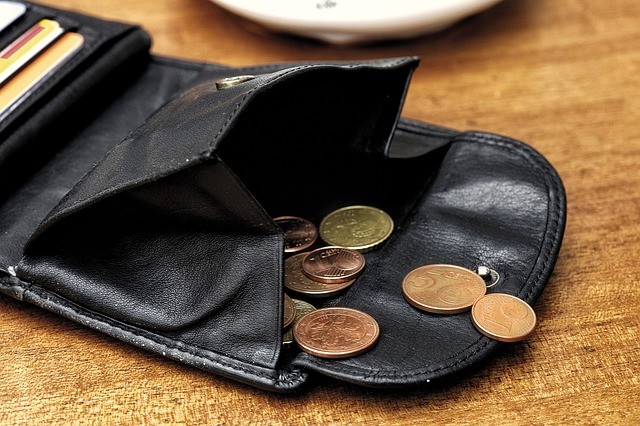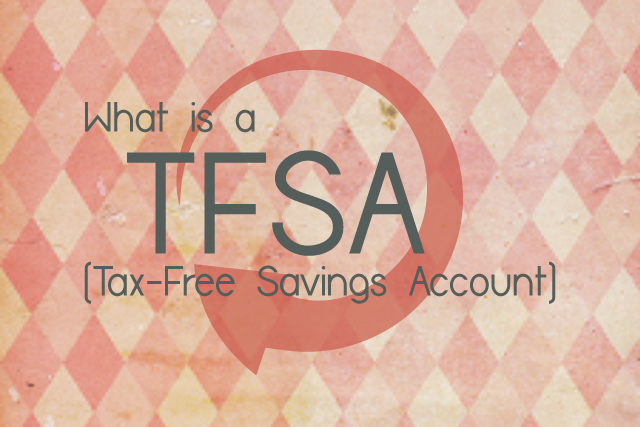10 Things you should know about TFSAs
Post on: 5 Май, 2015 No Comment

While many Canadians are focused on the looming RRSP deadline and maximizing contributions, it’s important that they don’t lose sight of an important alternative investment, a tax-free savings account.
A major benefit of TFSAs is that money invested in them can grow tax free-for life, says Ahmad Dajani, vice-president of investments, guaranteed investment certificates and sales tools for Scotiabank in Toronto. “They provide great flexibility because you can pay as little as you like up to $5,500 a year and withdraw funds without penalty or tax consequences.”
TFSAs are a useful special purpose savings vehicle for anyone wanting to save for a major expense, such as a renovation, car purchase or other outlay. Alternatively, investors – including retirees — can use TFSAs to generate dividend, interest or capital gains income tax-free.

Here are some things you should know about TFSAs:
- The starting age for contributions is 18.
- There’s no age limit to contributing to TFSAs; you can continue to invest even after the age of 71, the limit for RRSPs.
- Investors can contribute a maximum of $5,500 per year in 2014.
- If you have not contributed in the past, or did not meet maximum contributions in any given year, you can catch up on unused contributions (Up to the $31,000 limit as of this calendar year). The best way to keep track of your unused contribution room is to check out your notice of assessment from the CRA.
- Be careful not to over-contribute or you will incur tax penalties equal to 1% of the highest excess amount in the month and for each month you are over.
- You can withdraw money at any time without penalty or tax consequences. However, you can’t re-contribute that amount in the same calendar year. (If you only need the funds for a short time and plan to replace them quickly, the best strategy is to make the withdrawal late in the calendar year so you can re-contribute Jan. 1 of the following year.)
- TFSA withdrawals do not impact any government benefits or assistance programs such as child tax benefits, old age security or other guaranteed income supplements. This means low-income earners can generate tax-free income without it affecting their support.
- A TFSA is not just a cash account. It can be structured so you can invest in various vehicles, such as GICs, bonds, mutual funds, stocks and exchange-traded funds, among other options.
- Unlike RRSPs, deductions are not tax deductible. However, you can double up on tax-free income generation by opening a second TFSA in your spouse’s name.
- For those on a limited budget, the best way to keep up with contributions is to set up an automatic monthly withdrawal plan.














